Detachment is hard because it is to feel the pain and heartache that comes from leaving behind all that you once perceived valuable. But as you let go of all that is holding your true self from being free and alive, the veil of over-involvement slowly lifts from your eyes and you begin to see yourself and the whole world with the eyes of light and love.
Although it’s painful to see our loved ones be self-destructive, detaching allows us to enjoy our life despite another person’s problems and behavior.
Attachment and caring are normal. It’s healthy to get attached to someone we love and care about, but codependent attachment causes us pain and problems in relationships. We become overly attached—not because we love so much but because we need so much.
We need someone to be and act a certain way so that we can feel okay. Managing and controlling, reacting and worrying, and obsessing are counterproductive codependent patterns. We can become over-involved. The antidote is to detach and let go.
Related: 6 Reasons Strong Women Get Attached Easily
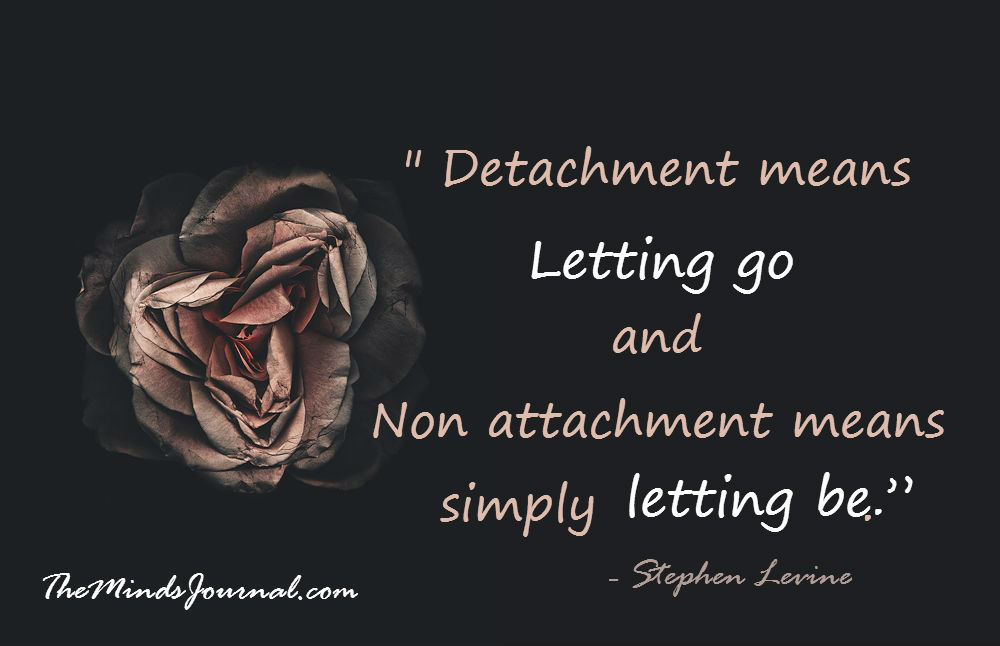
What Is Detaching?
Detachment implies neutrality. Detaching is a way of separating the unhealthy emotional glue that keeps us fused in a codependent relationship.
Related: 3 Secrets To Achieving Love Without Attachment
What Detaching Isn’t
It doesn’t mean physical withdrawal. Nor is detaching emotional withdrawal, such as being aloof, disinterested, emotionally shut down, or ignoring someone.
Detaching doesn’t mean neglecting family responsibilities or leaving someone. Although physical space or separation may be useful as a means of setting boundaries and centering ourselves, this is not what detaching means. For example, some people decide to not have contact with someone, because the relationship is too painful.
Physical proximity is irrelevant. In fact, some divorced couples are more emotionally attached and reactive to one another than most married couples. Someone living far away can push our buttons in a phone call so that we dwell on the conversation for days – or even if there wasn’t one! Detaching is about refocusing and taking charge of ourselves.
Key Ingredients Of Detaching
It involves letting go of our expectations and entanglements with other peoples’ problems and affairs. We stop reacting to things they say and do and obsessing and worrying about things. We take control of our feelings and thoughts and mind our own business.
It doesn’t take away our feelings and concern but channels them in a healthy manner. In practice, it’s more compassionate and loving than codependent attachment.

Detaching involves four key concepts:
1. Having appropriate boundaries
2. Accepting reality
3. Being in the present, not the past or future
4. Taking responsibility for our feelings and needs
Detaching Is Letting Go With Love
When first learning to detach, people often turn off their feelings or use walls of silence to refrain from codependent behavior, but with persistence, understanding, and compassion, they’re able to let go with love.
Related: 6 Buddhist Practices For Letting Go Of A Relationship
Gradually, rather than be invested in changing or controlling others, we can be compassionate and encourage them. We have no need to argue or persuade others, but instead are curious about differing points of view. This shows respect and honors boundaries and separateness. Rather than manipulate people to be like us, we risk being authentic.
For example, we can say, “I feel sad when I see you depressed.” Instead of trying to change someone’s need for space or silence, we enjoy our time alone or with someone else. This may sound impossible, but the payoff is rewarding.
Are You Over-Involved?
When we worry, it’s a sign that we’re attached to a certain outcome. When we’re frustrated with someone, it’s because we’re attached to them being different from who they are and accepting their flaws. When we’re giving unsolicited advice, we’re crossing a boundary and assuming a superior position. We all do this sometimes, but codependents do it excessively.
Instead of two people with separate minds and independent feelings, the boundaries are blurred. Does this apply to you?
- Do your moods and happiness depend on someone else?
- Do you have strong emotional reactions to someone’s opinions, thoughts, feelings, and judgments?
- Do you spend time worrying and thinking about someone else’s problems?
- Do you analyze someone’s motives or feelings?
- Do you think about what someone else is doing, not doing, thinking, or feeling?
- Do you neglect your career, hobbies, activities, or friends due to a relationship?
- Do you drop other activities if someone else won’t join you or disapproves?
- Do you please someone because you’re afraid of rejection?
- Do you become anxious doing things alone?
When we’re over-involved, we’re myopic. Others become extensions of us. We try to control their opinions, feelings, and actions to get what we need and feel okay. We try to manage them to avoid witnessing their suffering. We try to impress and please them. We try to persuade them to agree with us or do what we want. Then, we react with hurt or anger when they want won’t. If you relate, learn why detaching is helpful.
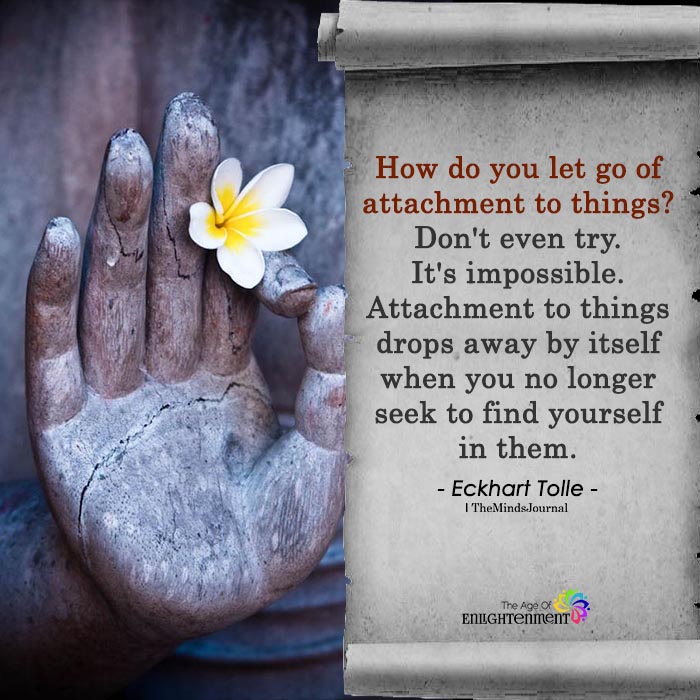
Benefits Of Detaching
Letting go reaps us profound benefits, not only in the relationship, but in personal growth, inner peace, and all areas of our life.
- We learn to love
- We gain peace, freedom, and power
- We gain time for ourselves
- We become more resilient to loss
- We learn independence and self-responsibility
- We encourage that in others
We’re responsible for our thoughts, feelings, actions, and the consequences of those actions. Other people are responsible for theirs. Cheering someone up occasionally or giving him or her more attention is not codependent. A benefit of a good marriage is that spouses nurture one another when one is troubled, but not codependent caretaking, and it’s reciprocal.
In contrast, when we consistently try to change others’ moods or solve their problems, we’re becoming their caretaker based upon the erroneous belief that we can control what’s causing their pain. We’re assuming responsibilities that are theirs, not ours.
Sometimes codependent couples unconsciously agree that one spouse has the obligation to make the other happy. That is an impossible task and leads to mutual unhappiness, anger, and resentment. The cheerleader is always failing and frustrated, and the recipient feels shame and resentment. Whatever we try won’t be quite right or enough.
Related: The Science Of Love: Lust, Attraction, Attachment & Brain Chemistry
How To Detach
Detaching starts with understanding, but it takes time for the heart to really accept that ultimately we’re powerless over others and that our efforts to change someone are unhelpful and possibly detrimental to us, the other person, and the relationship.
Take these steps to practice detaching:
- Ask yourself if you’re in reality or denial.
- Examine whether your expectations of the other person reasonable.
- Honestly examine your motivations. Are they self-serving?
- Practice allowing and accepting reality in all aspects of your life.
- Allow your feelings.
- Practice meditation to be more attached and less reactive.
- Practice compassion for the other person.
- Be authentic. Make “I” statements about your genuine feelings rather than offer advice.
- Practice the tools for detaching in the “14 Tips for Letting Go” on my website.
- Attend Al-Anon or CoDA meetings. Read and do the exercises in Codependency for Dummies.
If you answered “yes” to several of the above questions, consider learning more about detaching and get support. Detaching can be very difficult to do on your own.
©Darlene Lancer 2020
Adapted from Codependency for Dummies, 2nd Ed. (2015) by John Wiley & Sons
Written By Darlene Lancer Originally Appeared In What Is Codependency
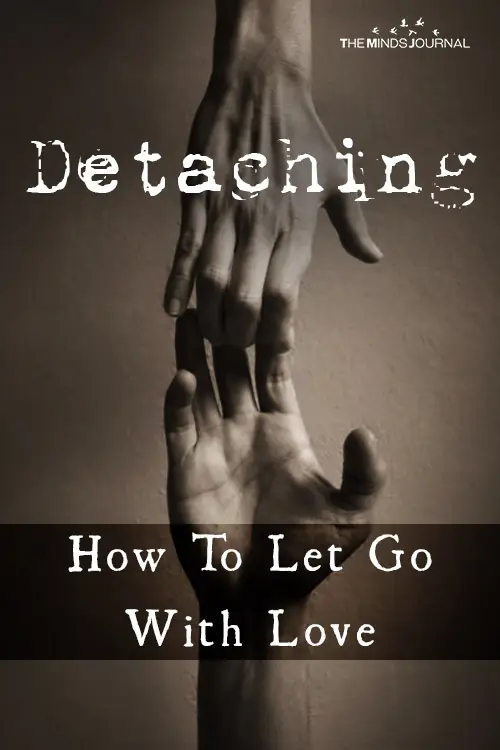
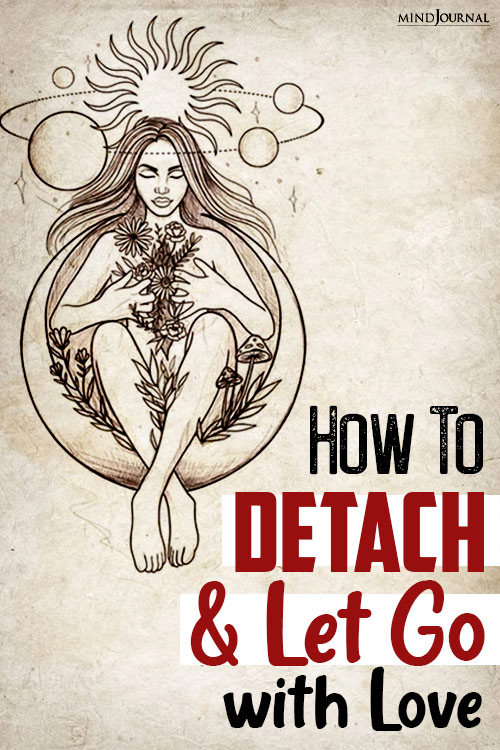

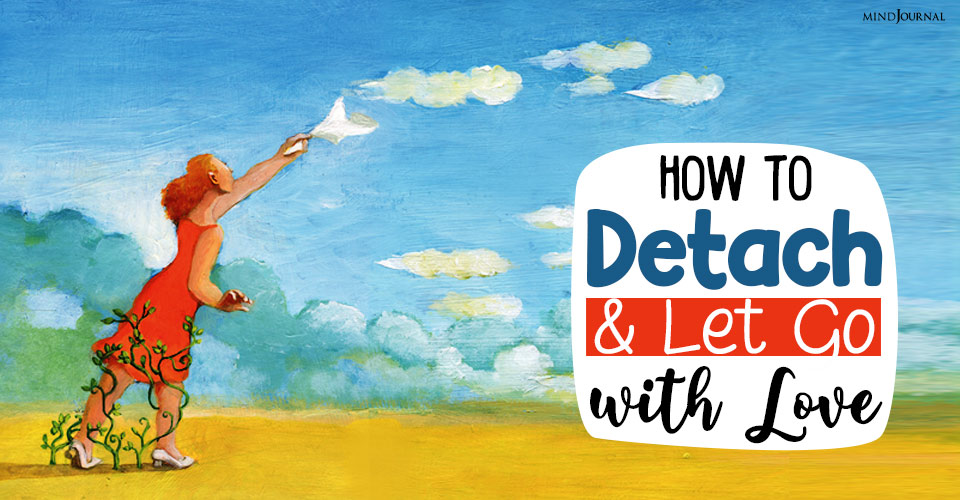
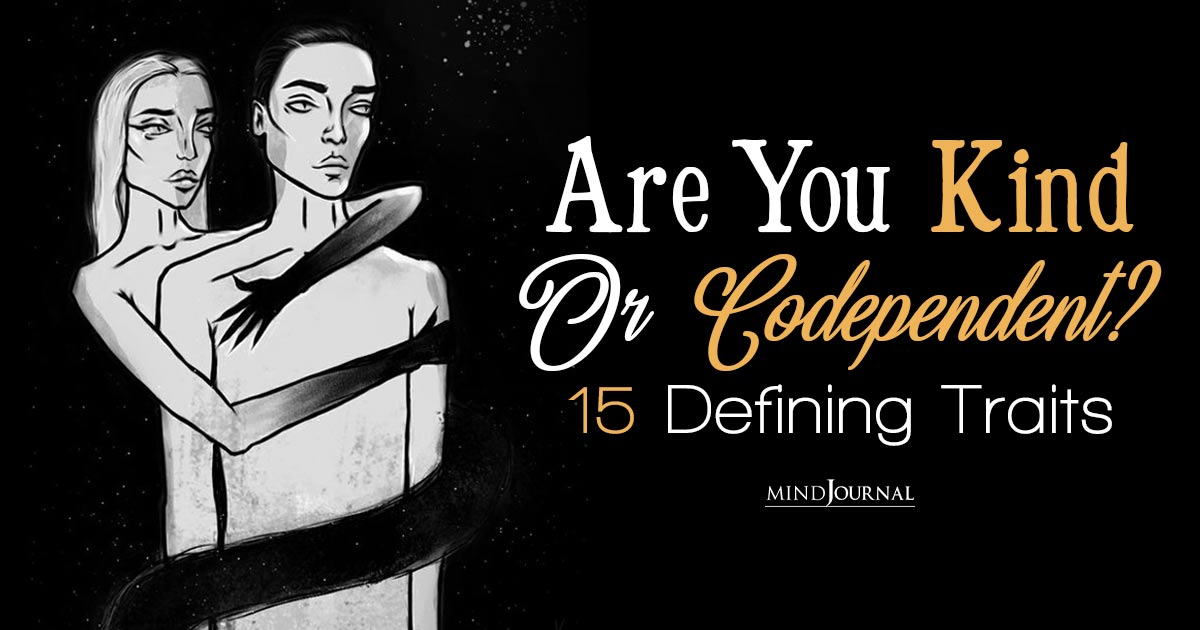

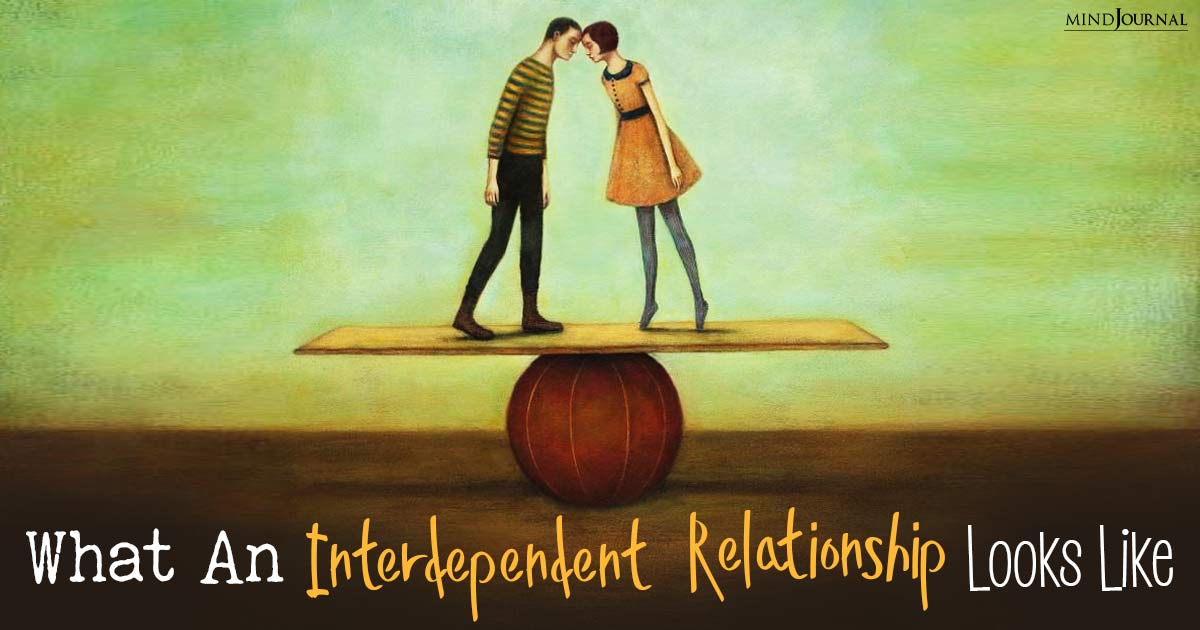
Leave a Reply
You must be logged in to post a comment.